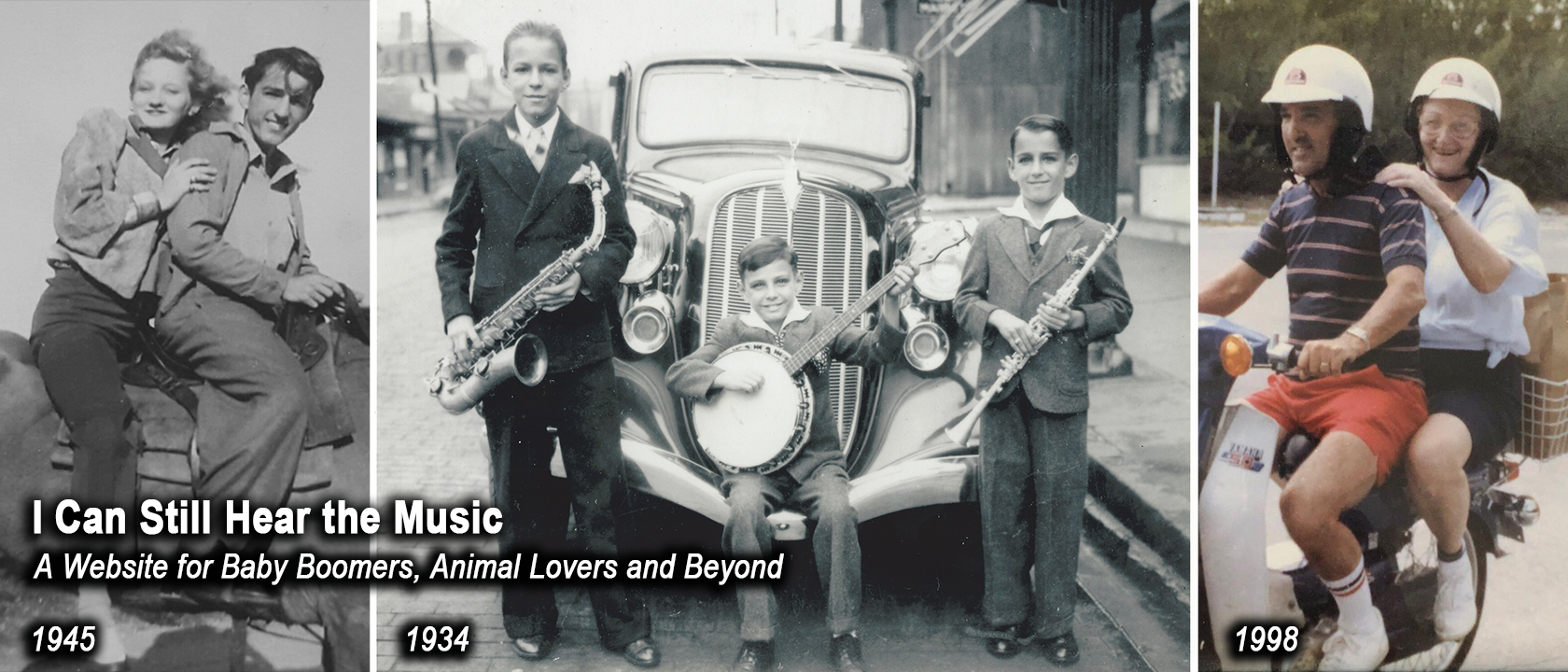In the following essay, “The Gift, Joy and Stress of Caregiving for an Aging Parent,” Writer Michael Groetsch offers 12 proactive steps to take in order to maintain your emotional, physical and spiritual balance while caregiving for a loved one.

Although I have watched it from a distance, I never fully grasped the amazing task of caring for a parent with dementia or Alzheimer’s. That it, until it was my turn. If not careful, the overwhelming stress associated with such a responsibility can become incapacitating. My wife and I both witnessed such a process involving a close friend. Her daily routine of care-giving for an aging mother often left her exhausted, agitated, guilt-ridden and somewhat socially reclusive. She had what clinical professionals would call compassion fatigue. Such a condition, if left unaddressed, can leave you with a sense of hopelessness and helplessness. Our friend’s entire existence became wrapped around taking care of her Mom and nearly brought her to the point of clinical depression.
On the other hand, if managed properly, care-giving for aging parents can be, while extremely stressful, one of the more fulfilling experiences of your life. To lovingly care for a parent who once gave you guidance when it was needed, fed you when you were hungry, clothed you when you were cold, bathed you when you were dirty and nurtured you when you felt insecure and sickly, is the ultimate act of reciprocation. But if not approached correctly, it can also be one of the most daunting.
As you may have already recognized, there is a complete role reversal that takes place when a parent ages or begins to experience dementia. Your relationship with your Mom or Dad goes full circle. It’s as if you become their parent and they become your child. As they did for you, you bath and shampoo their hair, cook and feed them dinner while scheduling their medical appointments. You transport them to recreational events and provide them guidance and unconditional love. You may even find yourself changing their diapers. As a result, bonding, like roles, begins to change as well. In fact, you begin to bond with them as if they are the child and they begin to bond with you as if you are the parent. Perhaps the intimidation factor of seeing your Mom or Dad as an authority figure has diminished and is replaced by a relationship where our human defenses have been reduced as well. It is a different type of bond that develops between you and your parent(s) and if recognized and fully understood, it can be one of the more powerful experiences of your life.
As humans, it is a daily struggle for us to maintain our emotional, physical and spiritual balance. That is particularly true when we are faced with the enormous responsibility that comes with being a caregiver. It is imperative for all of us to recognize that if we are to properly address the needs of our ailing parents, we must first take care of ourselves. Unless we are proactive in doing so, we are prone to regress to the point that we can help no one, including some of the most important people in our lives. Hopefully, the following suggestions will aide you in acquiring and maintaining your balance and will foster your ability to enjoy the last chapter of your Mom or Dad’s life with inner peace.
- Meditation: Read your favorite book; listen to your favorite music; practice yoga. If you can afford it, have a license massage therapist make a weekly house call.
- Hobbies: Practice daily leisure activities such as gardening, arts and crafts, crossword puzzles or any hobby that will help you take your mind off of the daily routine of care-giving.
- Exercise: Watch a cable TV aerobics program and follow along with the instructor. Get a treadmill or light dumbbells or weights for your home. Join a local gym. If you can afford the cost, hire a personal trainer. Take daily walks with your dog.
- Spirituality: Practice your spiritual beliefs. Attend church. Read the Bible. Listen to radio or watch cable television programs that air your spiritual leanings.
- Volunteer: While it is advisable not to volunteer in stressful environments, you may consider helping out at places like church, school or an animal shelter.
- Creativity: If you like writing, write. If you enjoy playing a musical instrument or enjoy singing, play an instrument and sing. The point is our creativity (like other suggestions in this list) helps us establish and maintain a healthy identity.
- Take a day off: Take one or two days off weekly to recharge your batteries. Have other family members relieve you so that you can enjoy many aspects of your life that you miss. Don’t be afraid to ask family or friends to care-give for you one or two days weekly so that you can enjoy life. You will be surprised how many will be happy to accommodate you.
- Adopt/ Foster an animal: Dogs are wonderful companions that can provide you with an emotional refuge when needed. In many cases, they are used as service animals for people with anxiety disorders.
- Have regular checkups with your doctor: You must maintain your own health if you are to assist with the health issues of your Mom and Dad. Unfortunately, statistics reflect that a large percentage of caregivers end up predeceasing those that they are caring for. It is imperative that you take care of yourself medically.
- Utilize hospice and home-health programs: There are some areas of heath-care for your parents that you may not be able to address personally. Utilize those outside agencies for the medical support that you may need. These programs can also allow you to get away for a while and enjoy things that give you balance. Very often, these programs are free and supported by grants and government funding.
- Socialize with friends and family: Never allow your life circles to disappear when you need them the most. Emotional support from friends and family is essential to your sense of wellbeing and feeling connected.
- Join support groups: There are an endless number of support groups sponsored by church groups, hospitals and non-profit agencies that can assist you with insights and emotional support in the art and stress of care-giving.
